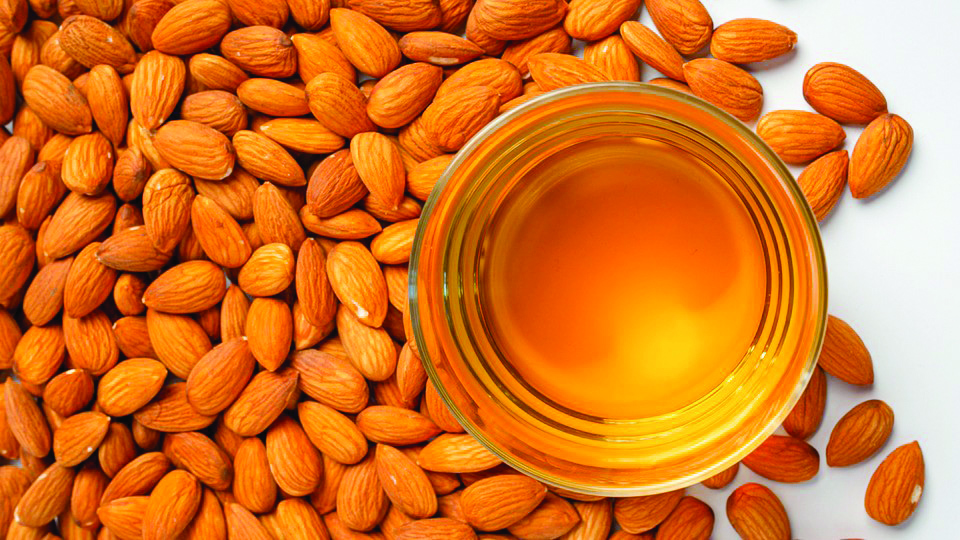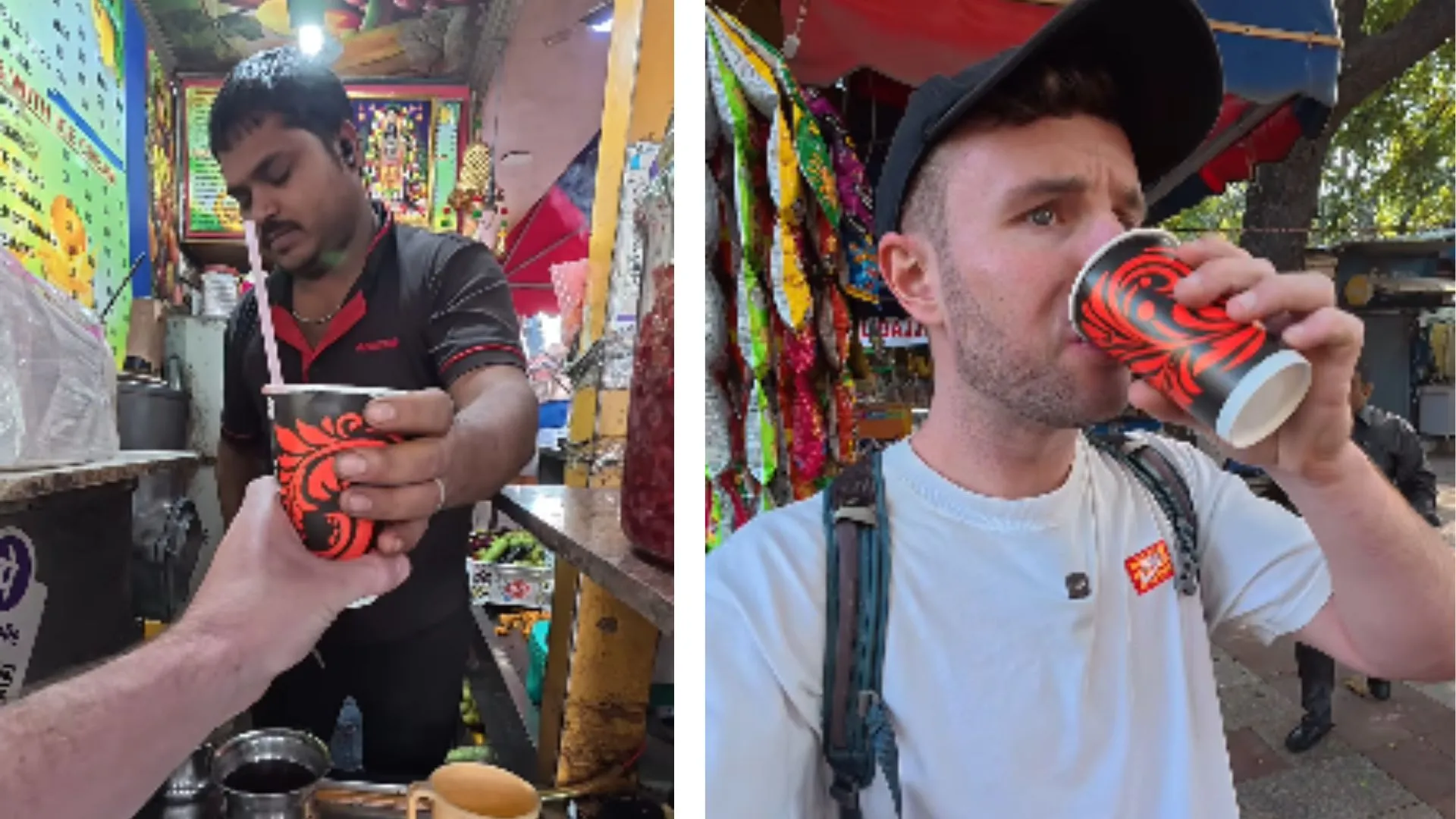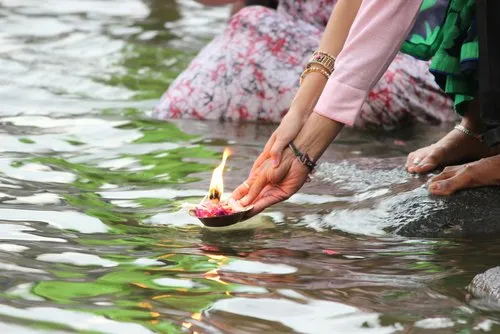Through its amazing legacy of cold pressed oils, Rajasthan’s ancient knowledge comes to life in the middle of India’s desert state, as the coldness of winter washes across the golden dunes. These liquid jewels have supported generations by providing warmth, healing, and sustenance throughout the hard desert winters; they are more than just cooking tools. A history that endures in both rural homes and urban marketplaces, the extraction of these oils is a deeply ingrained aspect of Rajasthani culture, especially during the winter months.
The Winter Oil Makers, Keepers of Tradition
In the narrow lanes of old Jodhpur and the rural outskirts of Bikaner, the rhythmic creaking of wooden oil presses (kolhus) heralds the arrival of winter. Here, the tel ghani, traditional oil makers, begin their seasonal craft as temperatures drop. Mohammed Hussain, a third-generation tel ghani in Jodhpur’s Ghanchi Para, explains, “Winter is when the seeds yield their best oil. The cold weather allows for perfect extraction, and the oils retain their natural properties better.”
The process begins before dawn when the massive wooden kolhu, pulled by bullocks, starts its daily journey. The gentle crushing of seeds creates a symphony that has remained unchanged for centuries. “Each oil has its time,” Hussain continues, “Sarson (mustard) in early winter, til (sesame) in peak cold, and badam (almond) throughout the season.”
The Golden Trio, Rajasthan’s Winter Oils Sarson Ka Tel (Mustard Oil)
Mustard oil, with its pungent aroma and golden hue, reigns supreme in Rajasthani winters. The state’s western regions, particularly around Sriganganagar and Hanumangarh, produce some of India’s finest mustard crops. The oil, extracted from these premium seeds, is known for its high heating point and distinctive flavor.
Pushpa Devi, a 68-year-old homemaker from Bikaner, shares, “Sarson ka tel is our winter warrior. We heat it with garlic and ajwain for massage. For cooking, it adds warmth to traditional dishes like ker sangri and laal maas. The oil itself is heating for the body, perfect for desert winters.”
The extraction process is particular; seeds are sun dried, cleaned, and then crushed at a specific pressure to maintain optimal temperature. This cold-pressed version, known locally as ‘kachi ghani,’ retains all its nutritional properties, including essential fatty acids and natural antioxidants.
Til Ka Tel (Sesame Oil)
As winter deepens, sesame oil production takes center stage. The black sesame variety, grown in the eastern districts of Rajasthan, is particularly prized for oil extraction. This oil, rich in calcium and vitamin E, is considered sacred in many households.
“Til ka tel is not just oil; it’s an entire winter care system,” explains Lakshmi Sharma, an Ayurvedic practitioner in Jaipur. “We use it for newborn massage, hair care, and in traditional winter sweets like til ke laddoo. The oil’s natural warming properties make it invaluable during cold months.”
The extraction process is even more meticulous than mustard oil. Seeds are cleaned multiple times, roasted lightly to enhance flavor, and then pressed slowly to ensure every drop retains its medicinal properties. The resulting oil, dark and aromatic, is stored in brass vessels to maintain its qualities.

Badam Roghan (Almond Oil)
Though not as widely produced as mustard or sesame oil, badam roghan holds a special place in Rajasthan’s winter oil tradition. The process of making this precious oil is labor-intensive and usually undertaken only by specialized tel ghanis.
“Badam roghan is our luxury oil,” says Ramesh Kumar, whose family has been producing it in Jodhpur for four generations. “We source almonds from the northern markets, carefully select them, and press them with extreme care. One kilogram of almonds yields barely 400 milliliters of oil.”
This golden elixir is primarily used for therapeutic purposes; massage for infants, treatment for dry winter skin, and as a natural remedy for cold-related ailments. Its rich nutrition profile makes it particularly valuable during the harsh desert winters.
Beyond Cooking, The Therapeutic Tradition
What sets Rajasthan’s winter oils apart is their multifaceted use. These oils transcend the kitchen, finding their way into traditional medicine, beauty rituals, and religious ceremonies. Many households maintain specific oil blends for different purposes.
Amrita Singh, a cultural researcher documenting Rajasthan’s traditional practices, explains, “Each household has its secret oil recipes. Some mix mustard and sesame oils with herbs for massage; others prepare medicated oils for treating winter ailments. These recipes are passed down through generations.”
The therapeutic applications are vast, such as warming full body massages before baths (tel maalish), Hair treatment with heated oils infused with herbs, Nasal drops (nasya) made from sesame oil for winter related sinus issues, Medicated oil blends for joint pain and arthritis, traditional post childbirth care involving specialized oil treatments
The Modern Revival
While industrial oil production has impacted traditional practices, there’s a growing awareness about the superiority of cold-pressed winter oils. Urban markets in Jaipur, Udaipur, and even metropolitan cities now feature boutique stores selling authentic Rajasthani winter oils.
Young entrepreneurs like Divya Shekhawat, founder of ‘Desert Gold Oils’ in Jaipur, are giving this tradition a modern twist. “We work directly with traditional tel ghanis but package the oils in convenient, modern containers. Each bottle comes with information about the extraction process and traditional uses. The response from health-conscious urban customers has been overwhelming.”
Preserving a Legacy
The tradition of winter oil production in Rajasthan is more than a culinary practice; it’s a testament to the region’s ability to harness natural resources sustainably. These oils, produced in harmony with seasonal changes, represent centuries of accumulated wisdom about nutrition, healing, and community well being.
As winter descends on Rajasthan each year, the ancient kolhus spring back to life, the tel ghanis resume their craft, and households stock up on these liquid treasures. In every drop of these carefully extracted oils lies the story of Rajasthan’s resilience, its deep understanding of natural healing, and its commitment to preserving age-old traditions that continue to serve modern needs.
In the words of Mohammed Hussain, “As long as winters come to Rajasthan, these oils will remain our blessing. They are not just a product; they are our heritage, our identity, and our gift to future generations.”
Sustainability and Environmental Impact
The traditional oil extraction methods of Rajasthan offer valuable lessons in sustainability. Unlike modern industrial processes, these ancient techniques leave virtually no carbon footprint. The wooden kolhus, powered by bullocks, represent a perfect example of sustainable energy use. The residue from oil extraction, known as ‘khalli,’ serves as organic fertilizer and animal feed, creating a zero-waste cycle.
“Our traditional methods might seem slow and labor-intensive, but they’re completely sustainable,” explains Dr. Rajesh Mehta, an agricultural scientist at Rajasthan Agricultural University. “The process maintains soil health, supports local biodiversity, and produces no harmful by-products. It’s a model of ecological harmony that modern industries could learn from.”
The Economic Ecosystem
The winter oil industry in Rajasthan supports an entire economic ecosystem. From farmers growing oil seeds to tel ghanis extracting the oil, from traditional medical practitioners prescribing oil treatments to local markets selling these products, thousands of families depend on this seasonal trade.
Prema Devi, who runs a small oil business in Pushkar, shares, “Winter oils connect our entire community. Farmers bring their seeds, local herbs are collected for infusions, and even the pottery makers who create traditional oil storage vessels, everyone plays a part in this tradition.”
Future Prospects
While the tradition remains strong in many parts of Rajasthan, it faces modern challenges. The younger generation’s migration to cities, competition from industrial oil manufacturers, and changing consumer preferences pose significant threats to this heritage craft.
However, innovative approaches are emerging. Some tel ghanis have started offering oil extraction demonstrations to tourists, creating an additional revenue stream while preserving their craft. Others have formed cooperatives to better market their products and ensure fair prices.
“We’re adapting while staying true to our roots,” says Vikram Singh, who runs a tel ghani cooperative in Jodhpur. “Modern packaging, online sales, and organic certification help us reach new customers who value traditional methods and pure products.”
The winter oils of Rajasthan represent more than just a seasonal product; they embody a sustainable, community centered approach to resource utilization that has stood the test of time. As the world increasingly seeks sustainable alternatives and traditional wisdom, these ancient practices offer valuable insights for the future.























